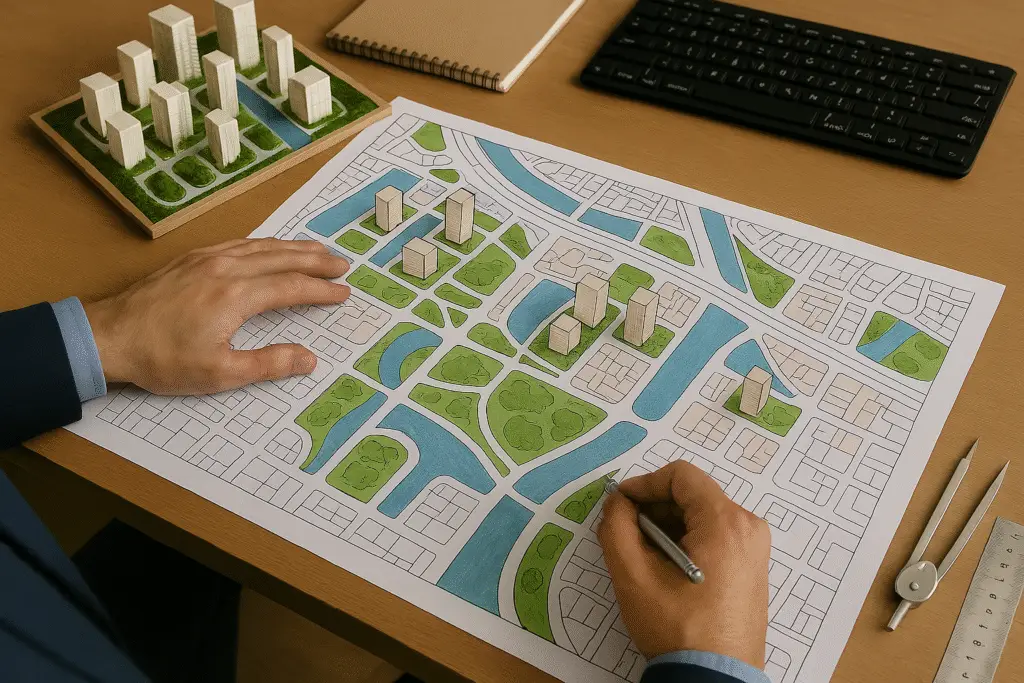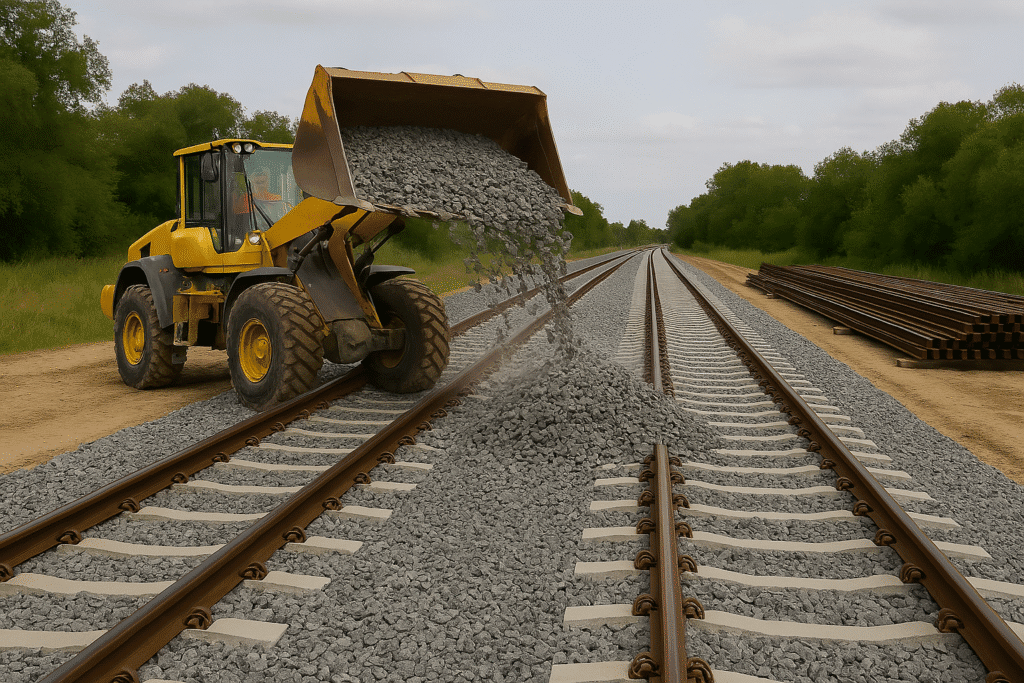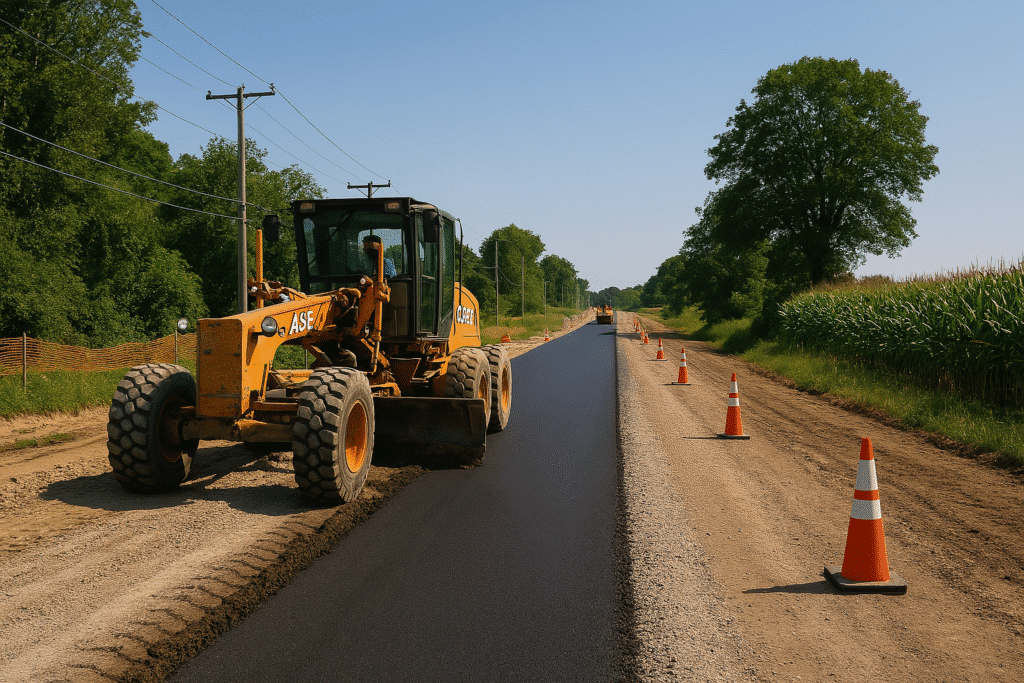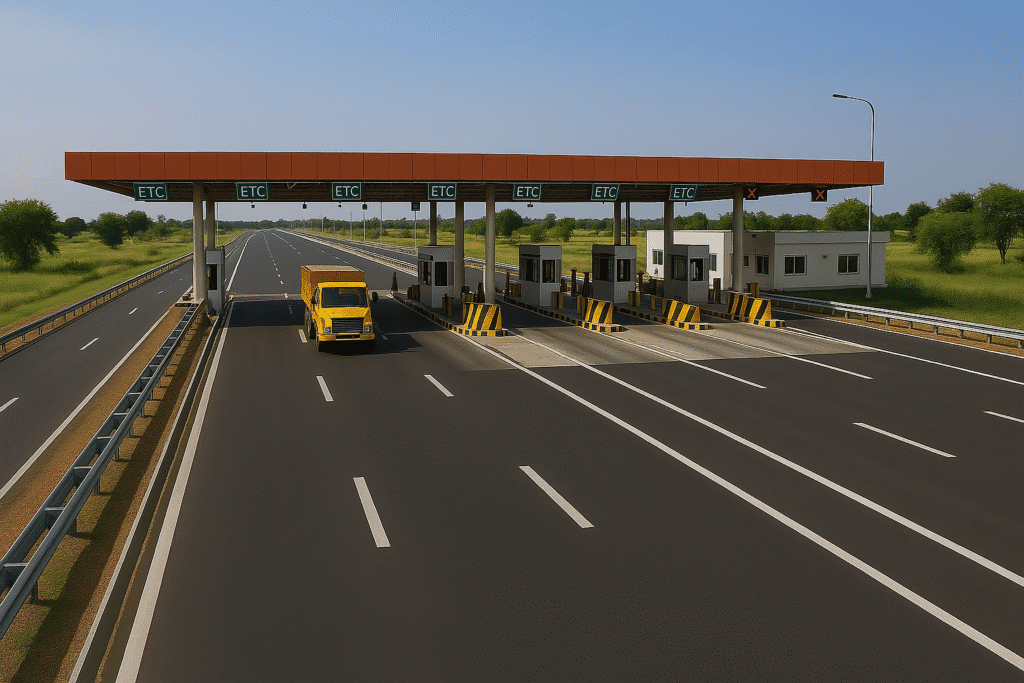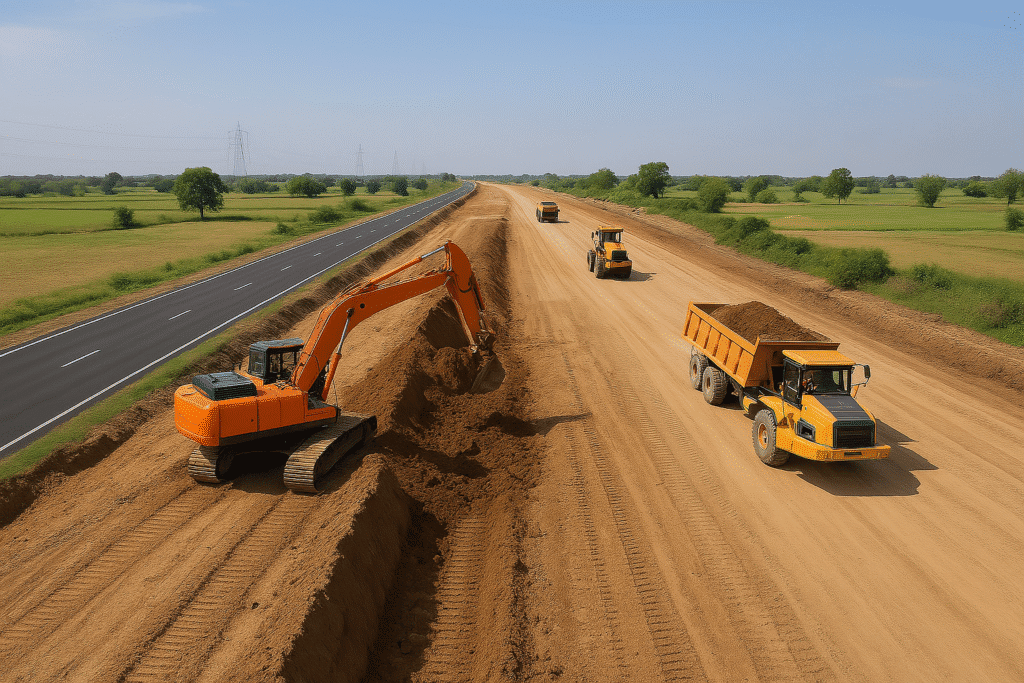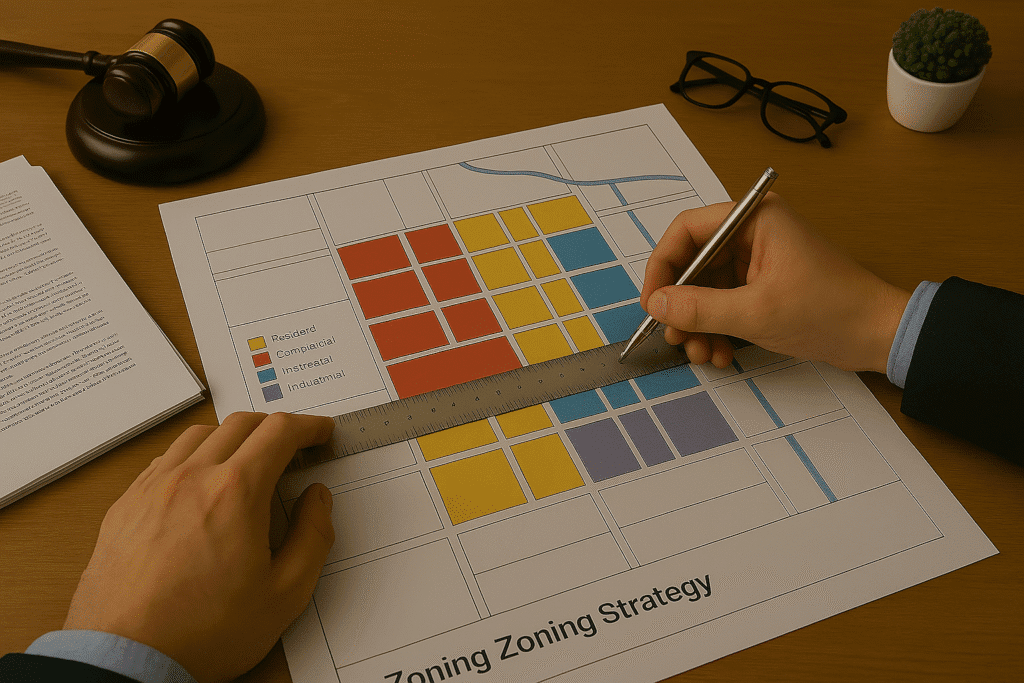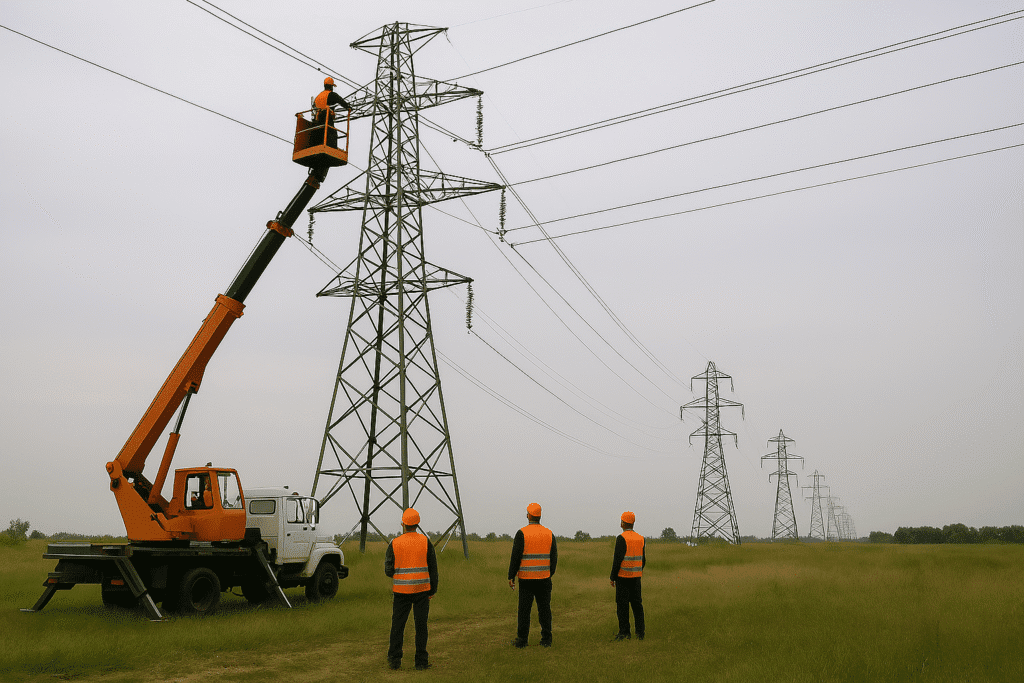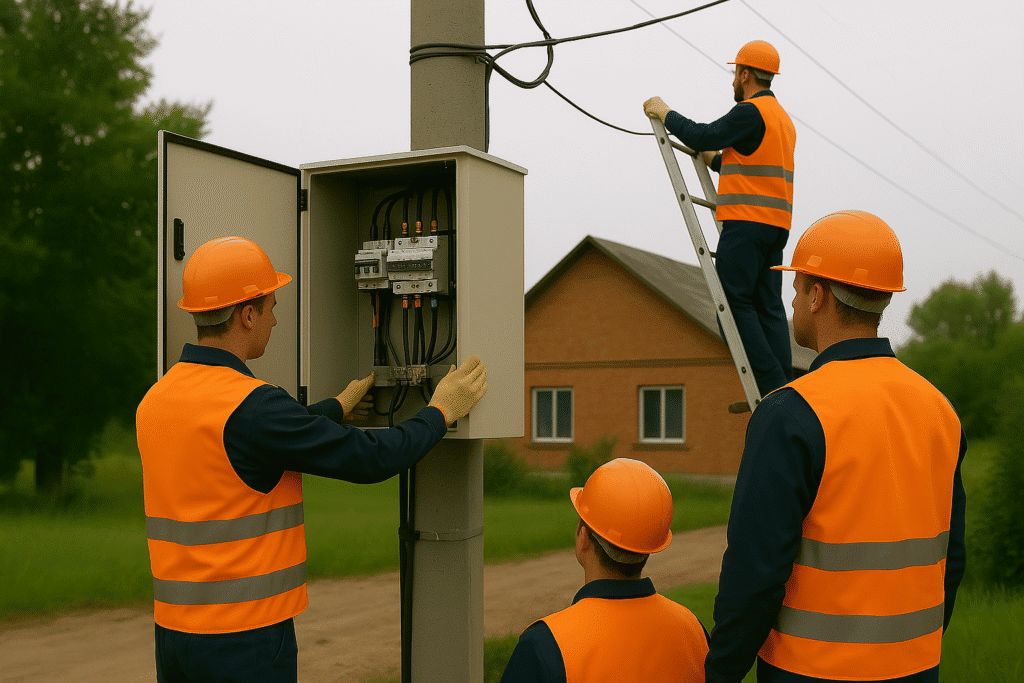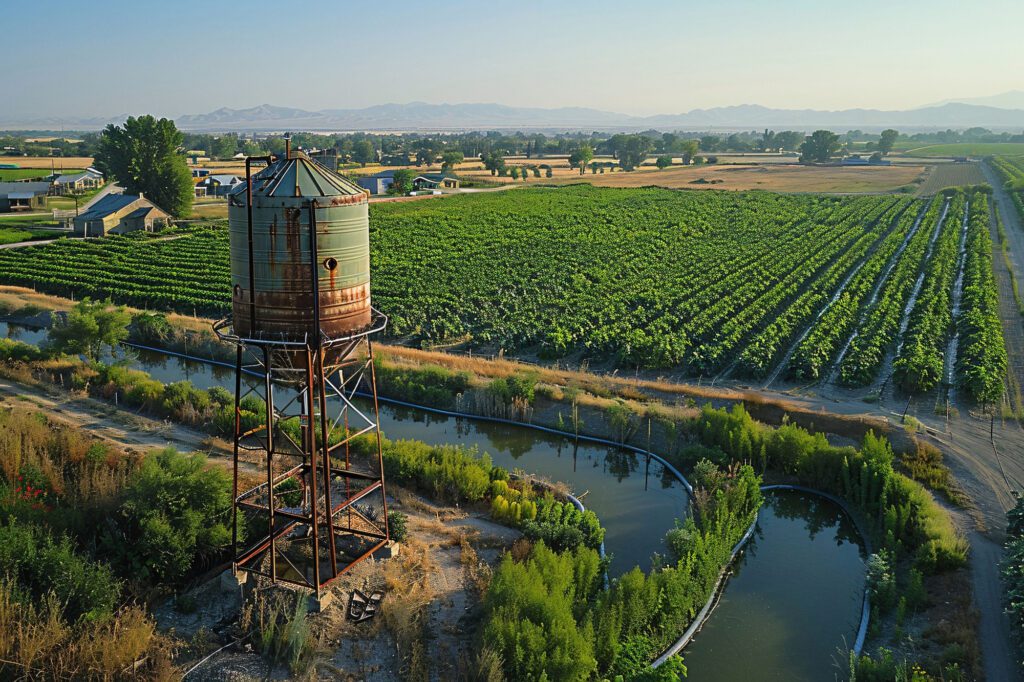
Irrigation Department
Construction Services
Channeling precision into every drop. Copasa delivers reliable, scalable, and sustainable irrigation infrastructure built for agricultural prosperity and water security.
What We Offer
Copasa provides complete civil engineering and infrastructure solutions for irrigation department projects, covering the construction of canals, check dams, head regulators, irrigation pipelines, aqueducts, embankments, and water control structures. Our services are engineered to support both minor and major irrigation schemes, ensuring equitable and efficient water distribution across farmlands.
We bring together surveying, hydrology studies, soil assessments, structural design, and execution expertise under one umbrella to deliver projects aligned with government norms and long-term usability. Whether it’s traditional canal-based systems or modern micro-irrigation infrastructure, Copasa ensures robust, climate-resilient solutions with low maintenance and long operational life.
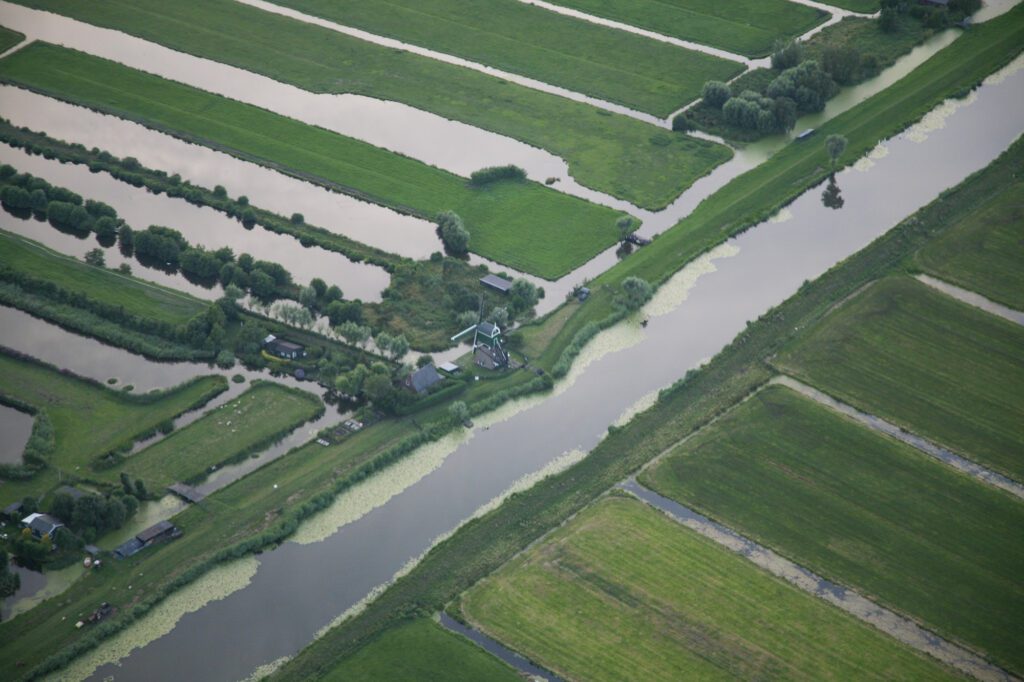
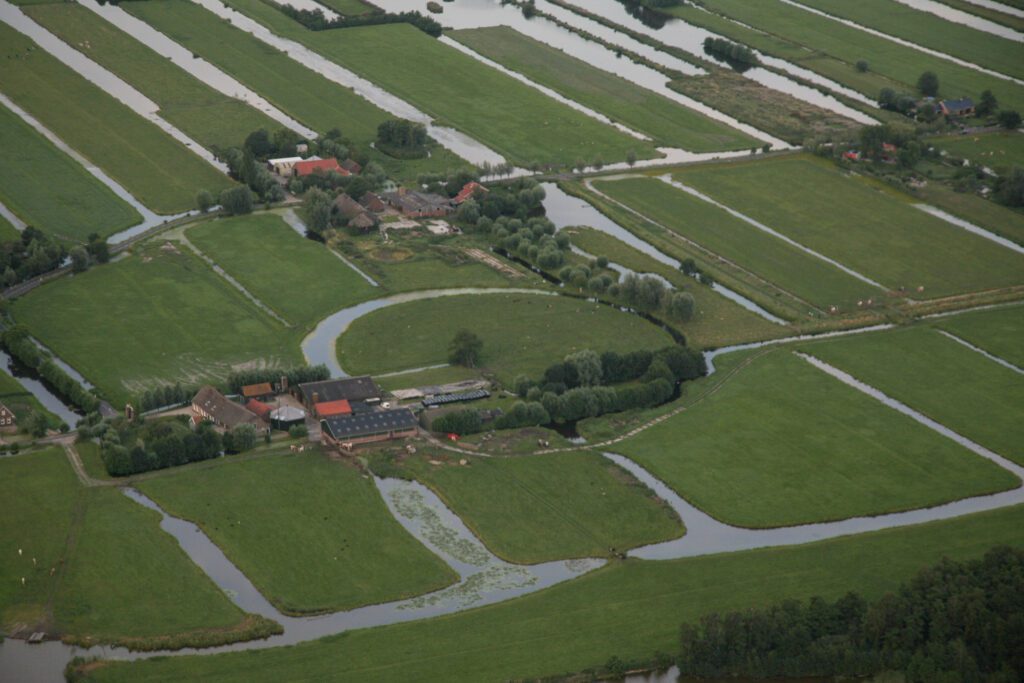
Key Capabilities
Canal & Waterway Construction
We specialize in constructing lined and unlined irrigation canals, distributaries, and watercourses with earthworks, concrete lining, erosion control, and flow regulation components.
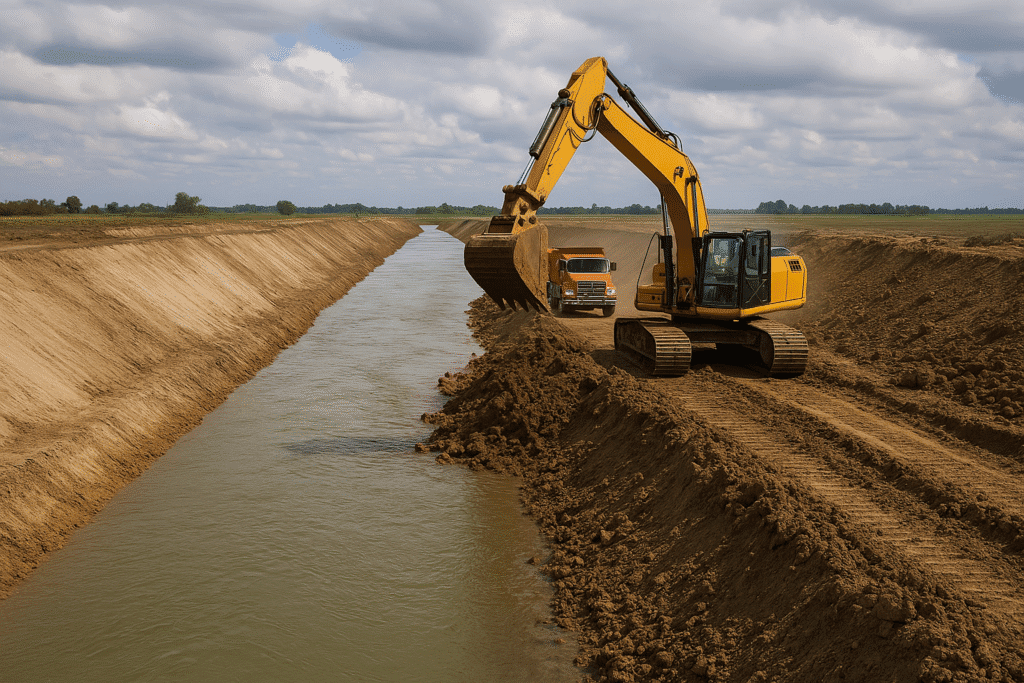
Check Dams & Headworks
Copasa builds gravity-based check dams, head regulators, weirs, and cross drainage structures that enhance groundwater recharge and regulate downstream flow.
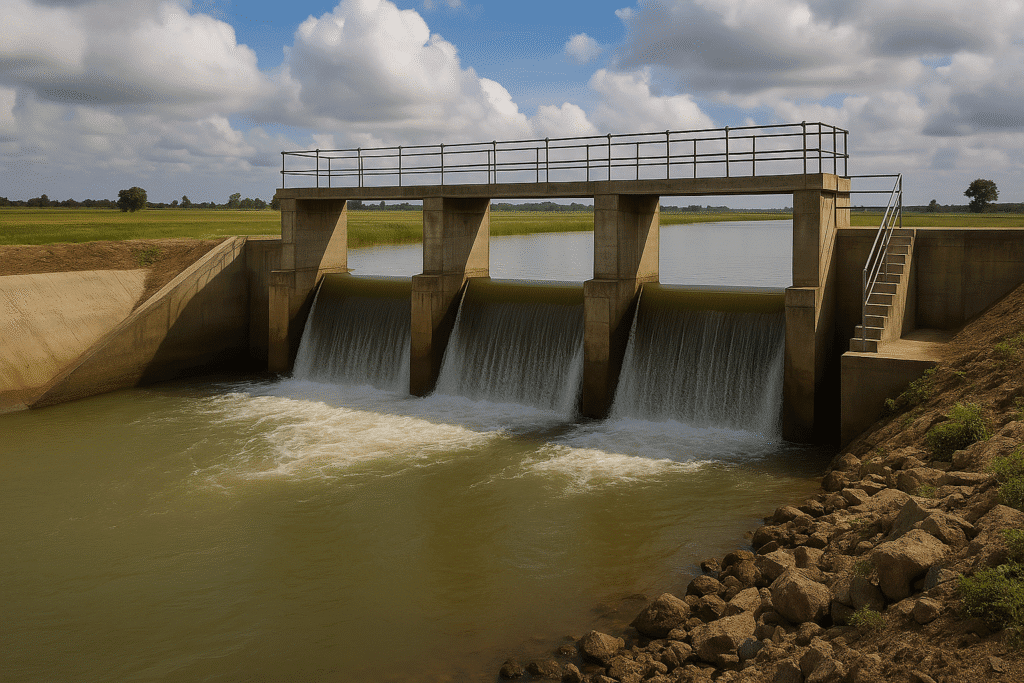
Pipeline & Micro-Irrigation Systems
We construct pressurized pipeline networks for micro-irrigation systems, including HDPE/DI pipe laying, valve chambers, and distribution control for efficient water delivery.
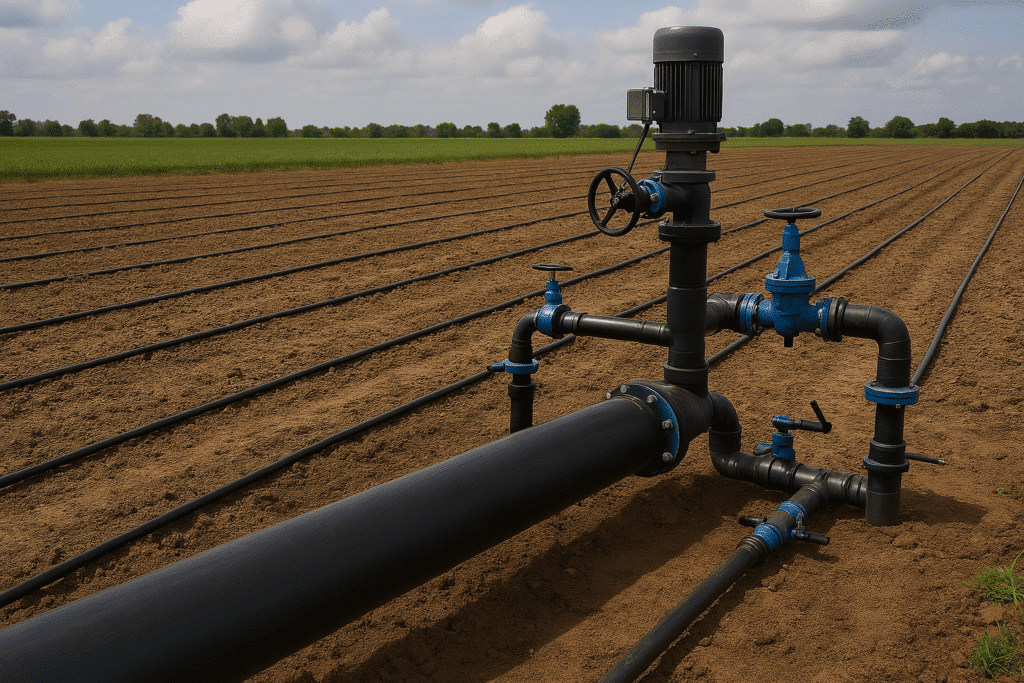
Reservoirs & Storage Structures
Our teams build farm ponds, tanks, balancing reservoirs, and percolation pits with embankments and spillway design that ensure sustainable water storage and availability.
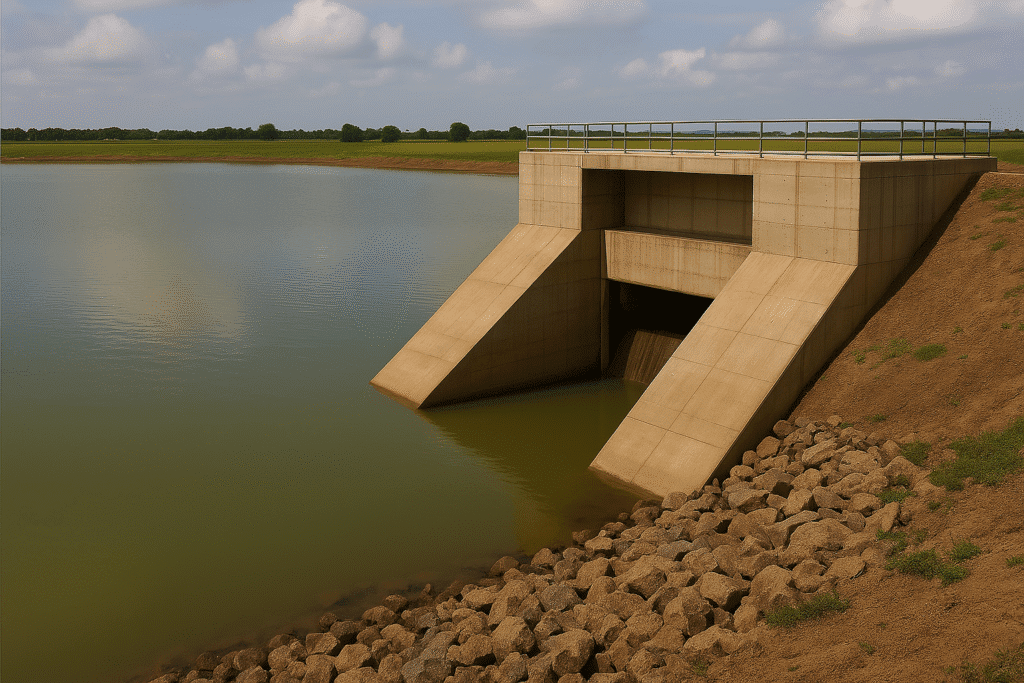
Hydraulic Structures & Cross Drainage Works
From aqueducts and siphons to culverts and spillways, Copasa constructs precision-engineered hydraulic structures that integrate seamlessly with the terrain and catchment dynamics.
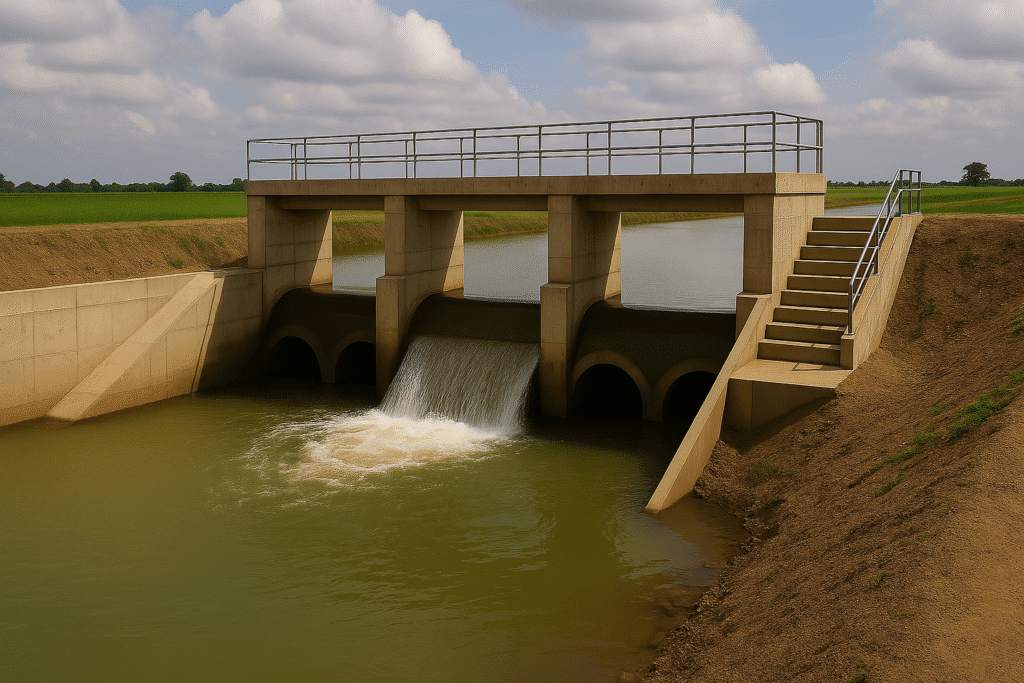
Rehabilitation & Renovation of Irrigation Systems
We offer structural strengthening, desilting, relining, and modernization of existing irrigation networks to extend their service life and align them with modern irrigation standards.
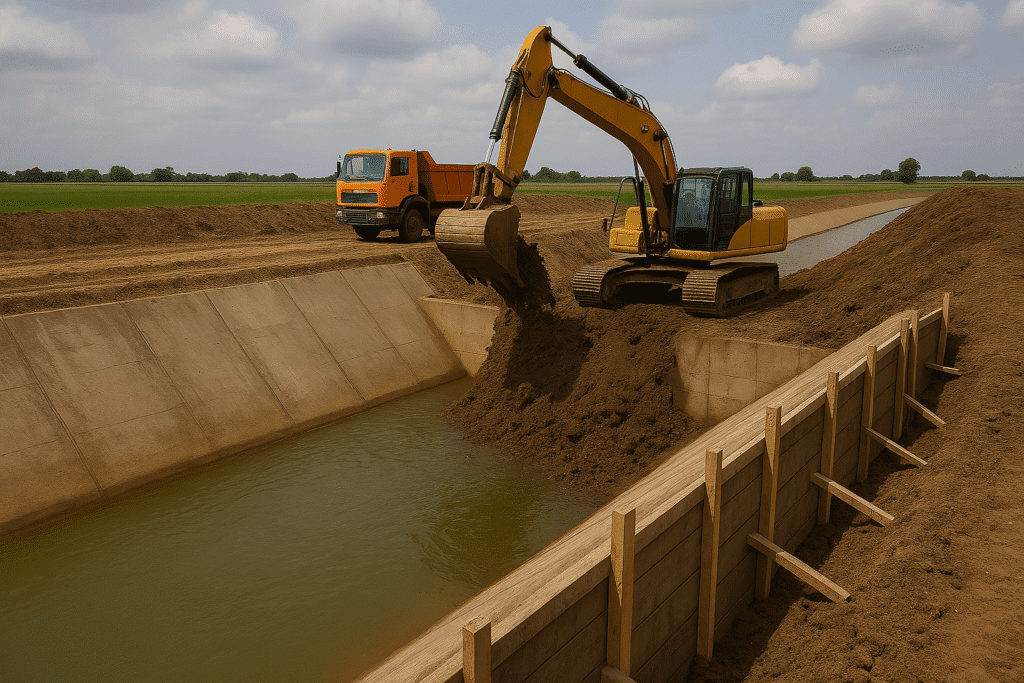
Sector-Specific Highlights
Irrigation Department – Construction Services
Hydrological Design Integration
Our in-house team performs detailed catchment, rainfall-runoff, and command area analysis to ensure optimal sizing and functionality of each irrigation component.
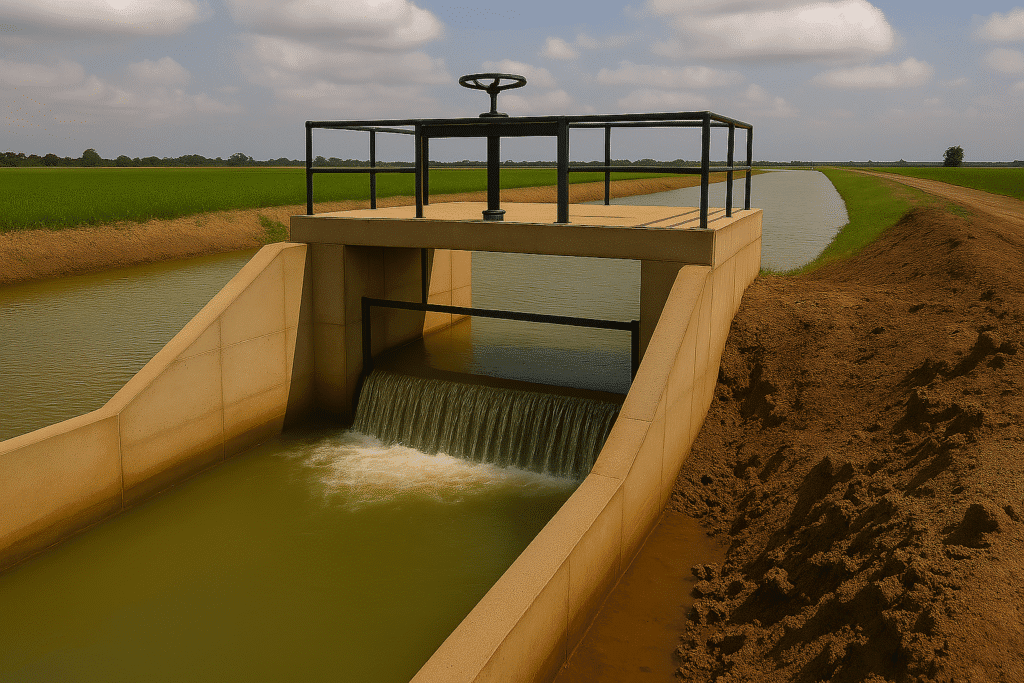
Soil & Foundation Engineering
We conduct subsoil investigations and slope stability analyses to design durable earthworks, canal linings, and embankments that withstand long-term environmental stresses.
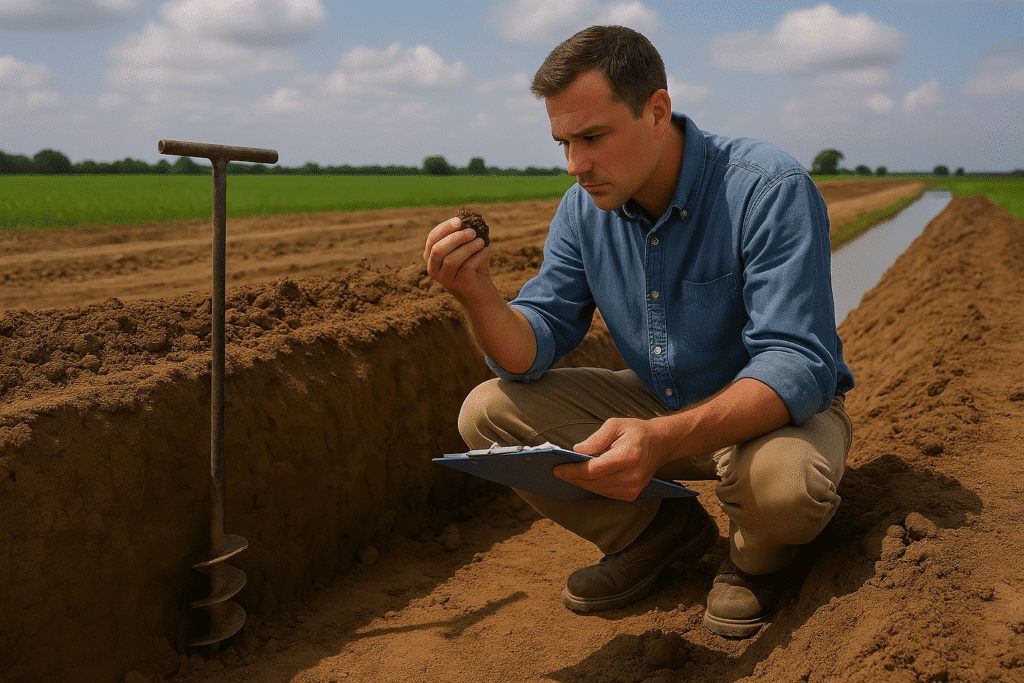
Conformity with State Irrigation Codes
Copasa delivers documentation, design drawings, and quality control as per specific state irrigation department standards, including NABARD and WRD compliance.
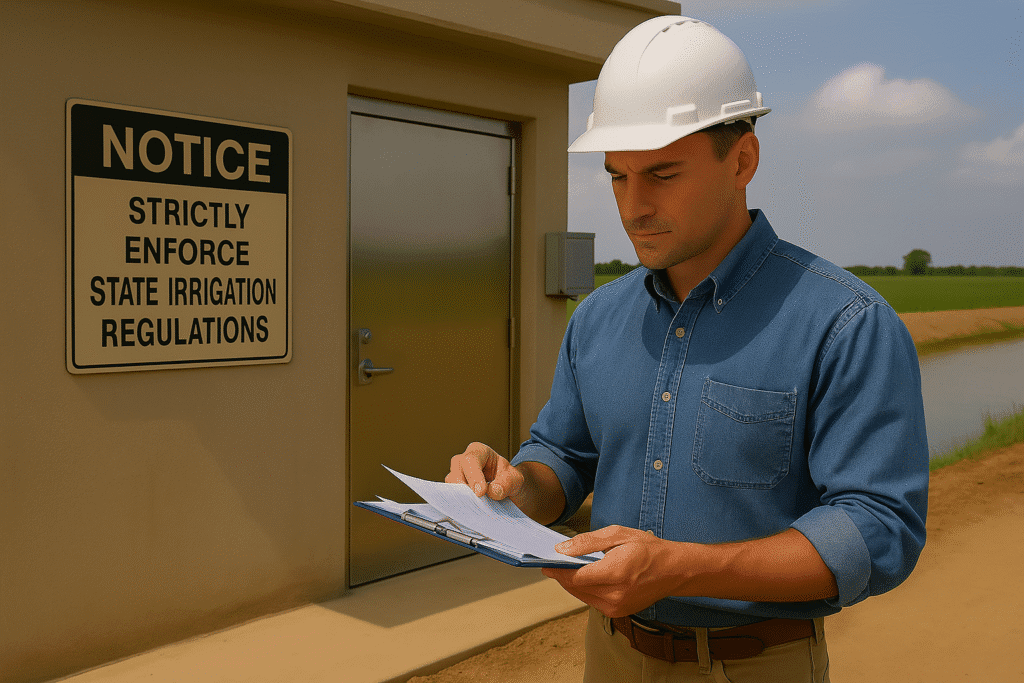
Agriculture-Focused Planning
Our irrigation designs are aligned with crop calendars, local farming practices, and regional water balance needs, ensuring optimal water use efficiency for agricultural success.
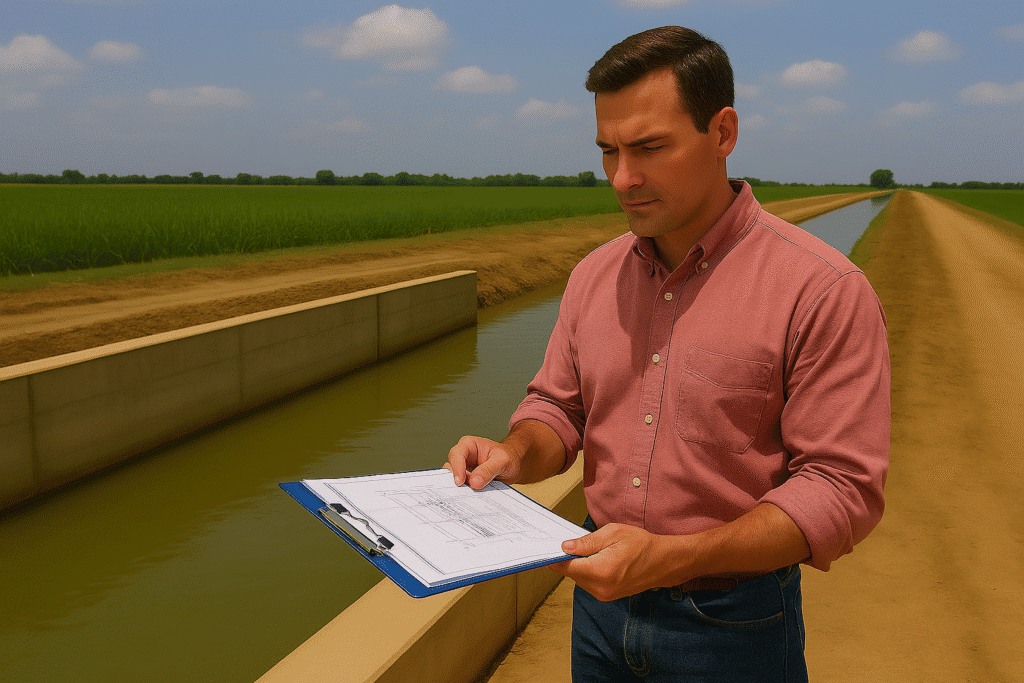
Why choose Copasa for this service?
End-to-End Irrigation Solutions
We cover the entire lifecycle of irrigation projects—from feasibility studies and design to execution and commissioning—eliminating the need for multiple contractors.
Adaptability to Rural and Remote Conditions
Our on-ground teams are skilled at working in remote agricultural zones, tribal belts, and terrain-sensitive regions with tailored construction logistics and minimal disruption.
Experience Across Project Scales
From micro-irrigation networks for a few villages to major canal rehabilitation for command areas spanning thousands of hectares, Copasa delivers across all scales reliably.
Sustainability & Water Efficiency Focus
We prioritize environmentally conscious design, durable construction materials, and energy-efficient mechanisms to ensure the long-term sustainability of irrigation assets.
Frequently asked questions about
Irrigation Department – Construction Services
What types of irrigation projects does Copasa undertake?
Copasa handles a full spectrum of irrigation infrastructure projects including canal construction, check dams, aqueducts, underground pipeline systems, cross drainage works, farm ponds, and modernization of existing irrigation networks.
Does Copasa provide design services or only execute civil works?
We offer end-to-end services including detailed engineering design, hydrological and topographical analysis, soil investigations, BOQ preparation, and turnkey construction execution.
Can Copasa work on government-funded schemes such as NABARD, WRD, or PMKSY?
Yes. Copasa has extensive experience in delivering projects funded under NABARD, State Water Resource Departments (WRDs), PMKSY, and other central or state-sponsored irrigation development schemes.
How does Copasa ensure structural stability in canal and dam works?
We conduct detailed geotechnical and structural assessments, use approved reinforcement designs, ensure proper compaction and curing, and follow IS code standards to maintain long-term stability and functionality.
What types of pipelines are used in your irrigation projects?
We work with HDPE, DWC, DI, and PVC piping systems based on project requirements. Pipe selection is made considering flow capacity, terrain, water pressure, and durability.
Does Copasa work in hilly or difficult terrains?
Absolutely. We have dedicated field teams trained to work in remote rural, hilly, and challenging terrain conditions with appropriate logistics, safety protocols, and construction adaptability.
How do you handle water control and regulation in canal systems?
We integrate gates, weirs, sluices, head regulators, and control valves into canal systems for efficient distribution and flow regulation based on hydrological models and irrigation schedules.
What measures does Copasa take for sustainable irrigation infrastructure?
We prioritize water conservation, groundwater recharge, energy-efficient pumping systems, and minimal ecological disruption. Structures are designed to withstand seasonal variability and long-term usage.
Does Copasa renovate or modernize old irrigation networks?
Yes. We specialize in rehabilitating aging infrastructure through desilting, relining, earthwork restoration, structural repair, and technological upgrades to improve efficiency and service life.
What documents or deliverables are provided after project completion?
We provide a comprehensive project dossier including as-built drawings, compliance certificates, test reports, quality control logs, maintenance guidelines, and a final commissioning report.

